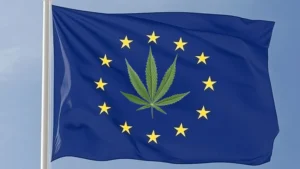The future of the EU CBD market is currently at a very important crossroad, with the Novel Foods Regulation playing a critical role in shaping its path. The introduction of the Novel Foods regulation has created both challenges and opportunities for CBD businesses operating within the EU.
While the recent ruling by the European Court of Justice offers some clarity, it also highlights the complexity and uncertainty that is still felt in the CBD industry. CBD market entrants looking to enter or businesses seeking to expand in the CBD market must understand these regulatory landscapes properly. Understanding the implications of the Novel Foods Regulation is crucial, as it directly impacts the legal status and marketability of CBD products across the EU.
Despite the uncertainties, there is an optimism that the EU CBD market will continue to grow as regulations evolve and adapt to the unique characteristics of this industry. For CBD businesses aiming to succeed in the EU CBD market, staying informed and compliant with the Novel Foods Regulation is essential – that’s why Hempo Solutions prepared this special article.
EU CBD market: a quick overview
The EU CBD market stands as a global leader, driven by a combination of high consumer demand and significant hemp cultivation. With the EU being accountable for 25% of the world’s hemp cultivation, the region has a powerful infrastructure for the production of CBD products.
The EU, being the largest single market in the world, with a wealthy consumer base of half a billion people, provides an expansive opportunity for the growth of the CBD market. As more EU member states begin to clarify and adapt their regulations, the perspective for the EU CBD market appears promising.
The diverse applications of CBD, ranging from health and food supplements to cosmetics, illustrate that the market is far from homogeneous. In some sectors, like food supplements, the strict regulations under the Novel Foods Regulation can limit market development and innovation.
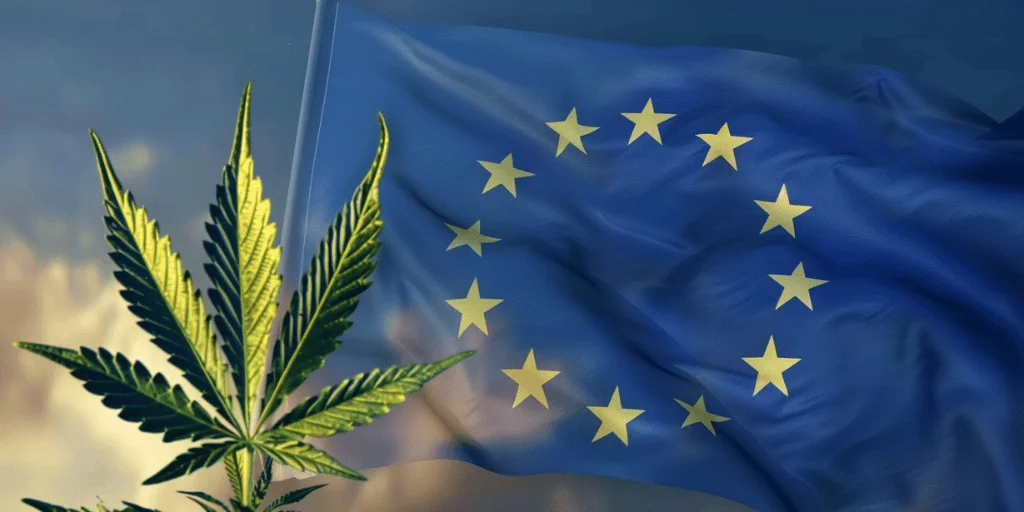
EU Novel Foods Regulation
The Novel Foods Regulation, first introduced by the EU in 1997, was designed to provide a food safety mechanism for controlling the introduction of newly developed, synthetic, or genetically produced foods into the market. This regulation was updated in 2018 under Regulation (EU) 2015/2283, further refining the rules around what is a novel food.
In 2019, the European Commission made a significant decision by adding cannabinoids, including CBD, to the Novel Foods catalogue. This inclusion has serious implications for the EU CBD market. Under this regulation, CBD products are now required to undergo a precise and lengthy approval process, which could take several years to complete. The uncertainty surrounding whether every company must individually navigate this process has created significant challenges within the CBD industry.
As a result, many hemp farmers in the EU, facing the potential of dull market disruptions, have shifted their focus away from hemp cultivation to more secure crops. The impact of the Novel Foods Regulation on the CBD market cannot be overstated, as it has the potential to slow down industry growth significantly.
The Novel Food Catalogue
While the Novel Foods Catalogue is more of a recommendation rather than a mandatory document, its influence on the EU’s CBD market has been significant. The uncertainty introduced by the Novel Foods Regulation has left many stakeholders in the hemp industry, particularly farmers, in a difficult position. This effect extends throughout the production and distribution chain, disrupting the entire CBD market in the EU.
The greatest impact, however, is felt by the end consumer. Despite the general consensus that hemp extracts should be regulated to ensure safety and transparency, the complex and lengthy novel food application process may not be the most efficient solution. The World Health Organization (WHO) has even acknowledged that CBD is generally well tolerated and has a good safety profile, raising questions about the necessity of such strict regulations.
CBD Novel Foods approval paused
The EU CBD market faced a big slowdown in July 2020 when the European Commission announced a pause on all CBD novel foods proceedings. The reason behind this pause was the consideration that CBD might be classified as a narcotic drug, which would make it unavailable for approval under the Novel Foods Regulation.
This announcement surprised the CBD community, causing concern among entrepreneurs, investors, and consumers alike. If CBD were indeed classified as a narcotic, it would effectively ban its sale as a food product, meaning a serious blow to an industry that has seen fast growth and is ready to become a multibillion-euro market.
However, the situation began to change with the following ruling by the European Court of Justice, which provided some much-needed clarity and hope for the CBD industry. This ruling allowed the EU CBD market to continue its growth.
Origins of the ECJ case
The complexities surrounding the EU CBD market were brought into focus by a legal case involving a company from the Czech Republic that produces and exports CBD products. This company, which manufactures electronic cigarettes containing CBD oil, faced serious legal challenges when it began exporting its products to France. In the Czech Republic, where the hemp is cultivated and processed, the company complied to local regulations that allow the use of the entire hemp plant, including the leaves and flowers, in the production process. However, France has much stricter regulations regarding CBD, particularly concerning products derived from the entirety of the hemp plant. French authorities classified CBD produced by the company as a narcotic, leading to legal action against it and its directors. The consequences were harsh, with the company’s leaders receiving suspended prison sentences and massive fines.
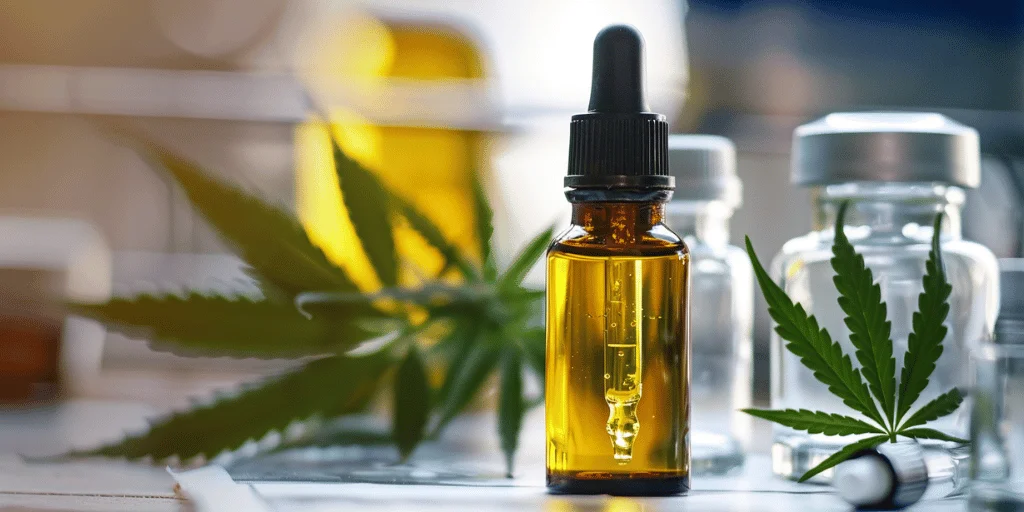
The ECJ ruling
In November 2020, the European Court of Justice (ECJ) delivered a ruling that had significant implications for the EU CBD market. The Court first addressed the legal classification of CBD, concluding that it does not fall under the category of agricultural products since it is extracted from the hemp plant and is not the plant itself. Additionally, CBD is not listed in the EU’s catalogue of agricultural products. The main question in the case was whether CBD could be considered a narcotic drug under EU law, a concern that stemmed from the European Commission’s earlier statement, which referenced the UN Single Convention on Narcotic Drugs to justify its attitude.
The Court emphasized that, according to the current state of scientific knowledge, CBD, unlike THC, does not possess any psychotropic effects or harmful impacts on human health. While a literal interpretation of the UN Single Convention might suggest that CBD could be classified as a narcotic, the Court argued that this would deny the intent of the convention. Therefore, the ECJ ruled that CBD is not a narcotic under EU law.
This ruling was a significant victory for the EU CBD market, providing clarity and supporting the continued growth and trade of CBD products within the single market.
European Commission reaction to ECJ ruling
Following the ECJ ruling, the European Commission quickly reversed its earlier attitude that CBD might be classified as a narcotic, a position that had cast a shadow of uncertainty over the entire industry. With this reversal, the Commission resumed the paused Novel Foods proceedings, meaning a return to a more predictable regulatory environment. This development was met with relief and optimism across the EU CBD market, as it provided much-needed clarity and allowed CBD businesses to move forward with their plans.
However, while the ruling marked a serious achievement, it did not eliminate all the challenges faced by the EU CBD industry. The regulatory landscape of the CBD in the EU remains complex, and there are still difficulties to overcome. In response, organizations like the European Industrial Hemp Association (EIHA) quickly mobilized, engaging in negotiations with the European Commission to discuss the next steps.
EU CBD market after the ECJ ruling
As you already know, in response to the ECJ ruling, the European Commission took a critical step by signaling that it will no longer classify CBD as a narcotic drug. However, while this decision marked an important step forward, it also indicated the importance of regulatory compliance.
Before any CBD-infused food product can be sold in the EU, it must receive pre-market authorization under the Novel Foods Regulation. This process ensures that CBD products meet strict safety standards, providing consumers with assurance about the quality and safety of what they are purchasing.
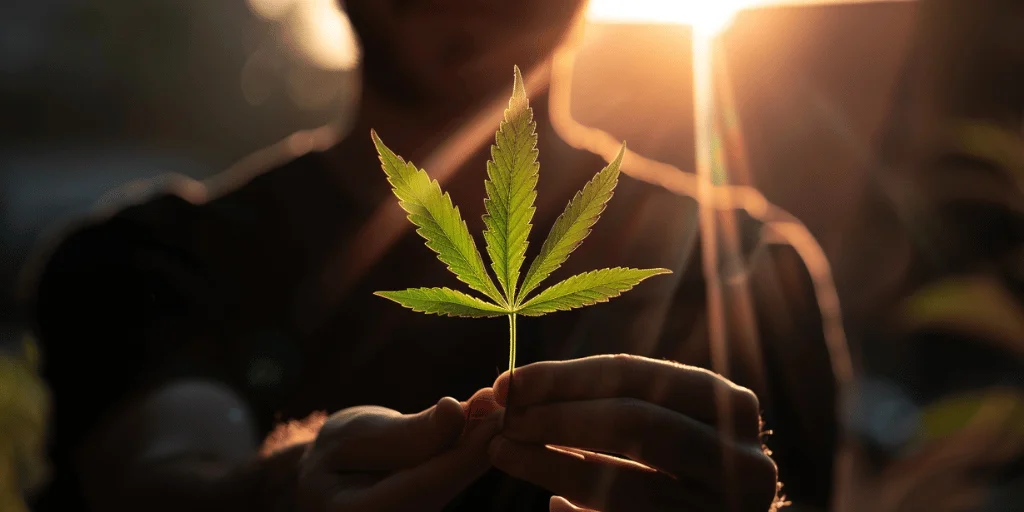
Pre-market authorization
The EU novel food regulation, specifically Regulation (EU) 2015/2283, establishes an accurate framework for placing novel foods, including CBD, on the European market. Since CBD is classified as a novel food, any product containing CBD must undergo a thorough authorization process by the European Commission before it can be legally marketed in the EU.
The process begins when an application for approval of a novel food, such as a CBD-infused product, is submitted to the European Commission. The Commission, as the competent EU authority, conducts an initial assessment to determine whether the product meets all regulatory requirements.
Following this assessment, the European Commission assigns the application to the European Food Safety Authority (EFSA), which conducts a detailed scientific evaluation. This recommendation is then reviewed by the Standing Committee on Plants, Animals, Food, and Feed (PAFF Committee), which makes the final decision on the approval. If the PAFF Committee grants approval, the product is added to the EU Novel Food Catalogue, allowing it to be legally sold within the European market.
Cosmetic products containing CBD
The regulation of CBD cosmetics within the EU offers a more straightforward pathway compared to novel foods, though it still requires careful attention to regulatory details. According to Article 3 of the Cosmetics Regulation, all cosmetic products must meet general safety requirements to ensure they do not pose any risks to human health. Additionally, Article 5 of the Cosmetics Regulation mandates that the responsible person must ensure compliance with all other provisions of the regulation. However, unlike novel foods, placing cosmetic products containing CBD on the market does not require an official authorization procedure. Instead, these products must only be notified to the relevant national authority, simplifying the process for businesses in the CBD market.
The European Commission updated its CosIng (cosmetic ingredients) database in February 2021 to include natural CBD as an ingredient with recognized antioxidant, skin-protecting, skin-caring, and sebum-fighting properties. Previously, only synthetically derived CBD was listed as a permissible ingredient. Although the CosIng database is not legally required, it serves as a significant reference point for cosmetic manufacturers. The marketability of CBD-containing oils and creams as cosmetic products still depends on a precise case-by-case examination, ensuring that each product meets the necessary safety standards and complies with EU regulations.

Novel Food application process
For companies looking to enter the EU CBD market by placing cannabinoids and extracts of Cannabis sativa L. on the market as food ingredients, obtaining authorization from the European Commission is a crucial step. This authorization process is designed to ensure that all hemp-derived products meet strict food safety standards, thereby protecting consumer health and facilitating responsible marketing within the European Union.
The EFSA’s evaluation is a critical component of the authorization process. It involves a full review of scientific data to determine the safety of cannabinoids and hemp extracts when used in food products. This assessment covers various factors, including potential health risks, the safety of long-term consumption, and the presence of any psychoactive compounds, such as THC. Based on the EFSA’s findings, the European Commission will then make a decision on whether to authorize the use of these compounds in foodstuffs.
EFSA Novel Food application process requirements
Obtaining a novel food license for cannabinoids in the EU is a complex and time-consuming process, with the timeline for approval ranging from 16 to 60 months, and the average duration being around 35 months.
The process involves several detailed assessments, beginning with a series of lab tests to confirm the identity and physicochemical properties of the cannabinoid. These tests include various analytical methods such as UV-VIS, IR, NMR, GC-MS, and LC-MS, which are essential for accurately identifying the cannabinoid’s chemical structure and properties. Additionally, the cannabinoid’s solubility in water and other solvents, as well as its particle size, shape, distribution, and minimum purity value, must be completely evaluated.
Furthermore, for each cannabinoid, specific parameters must be established, including the maximum levels of contaminants, acceptable limits for impurities and degradation products, and other relevant physicochemical, biochemical, or microbiological parameters.
Beyond the laboratory assessments, a complete set of data must also be provided. This includes a detailed history of the use of the novel food or its source, proposed uses and use levels, and anticipated intake.
Further considerations for CBD as a novel food in the EU
The adoption of the new Common Agricultural Policy (CAP) by the European Council on December 2, 2021, marked an important shift for the hemp industry in the EU, with important implications for the future of the EU CBD market. One of the most notable changes under the new CAP is the introduction of Direct Payments for farmers cultivating hemp varieties registered in the EU Catalogue. This financial support is a crucial encouragement for farmers, supporting the growth of the EU CBD market.
In addition to providing financial support, the new CAP has also increased the authorized THC level for hemp varieties from 0.2% to 0.3%. Although this increase might seem simple, it represents a critical adjustment that could impact the development of more specialized hemp varieties. By allowing for slightly higher THC levels, the new legislation opens the door to cultivating hemp varieties that are better suited for the production of fiber, grain, and flowers, all of which are essential for CBD manufacturing.
This legislative change is expected to stimulate innovation in the hemp industry, potentially leading to the development of new and more diverse CBD products. As farmers experiment with different hemp varieties optimized for CBD production, the market could see a broader range of high-quality CBD products that meet the evolving demands of European consumers.
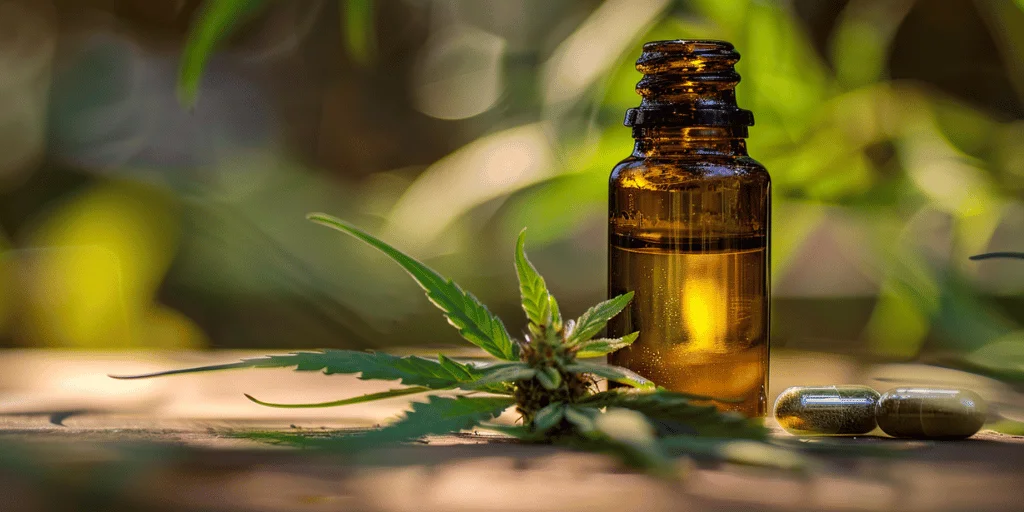
Conclusion
The status of CBD within the EU was clarified in January 2019 when the EU Commission classified food products and supplements containing CBD extracts as ‘novel foods.’ This classification means that CBD products do not have a significant history of consumption prior to May 1997 in either the UK or the EU, and as a result, they must undergo strict authorization before being legally marketed within the EU.
As of now, there are no CBD extract products that have been fully authorized as novel foods under this regulation. This presents a challenge for the EU CBD market, as many products currently available on the market are technically in breach of the novel food regulation. Companies must either apply for novel food authorization for their CBD extract products or ensure that their suppliers and manufacturers have done so. Without this authorization, selling these products within the EU is not compliant with the law.
By securing authorization, businesses can position themselves as responsible players in the EU CBD market. As the market for CBD products continues to expand, ensuring compliance with the Novel Foods Regulation will be key to sustaining long-term success in the EU’s competitive market.



